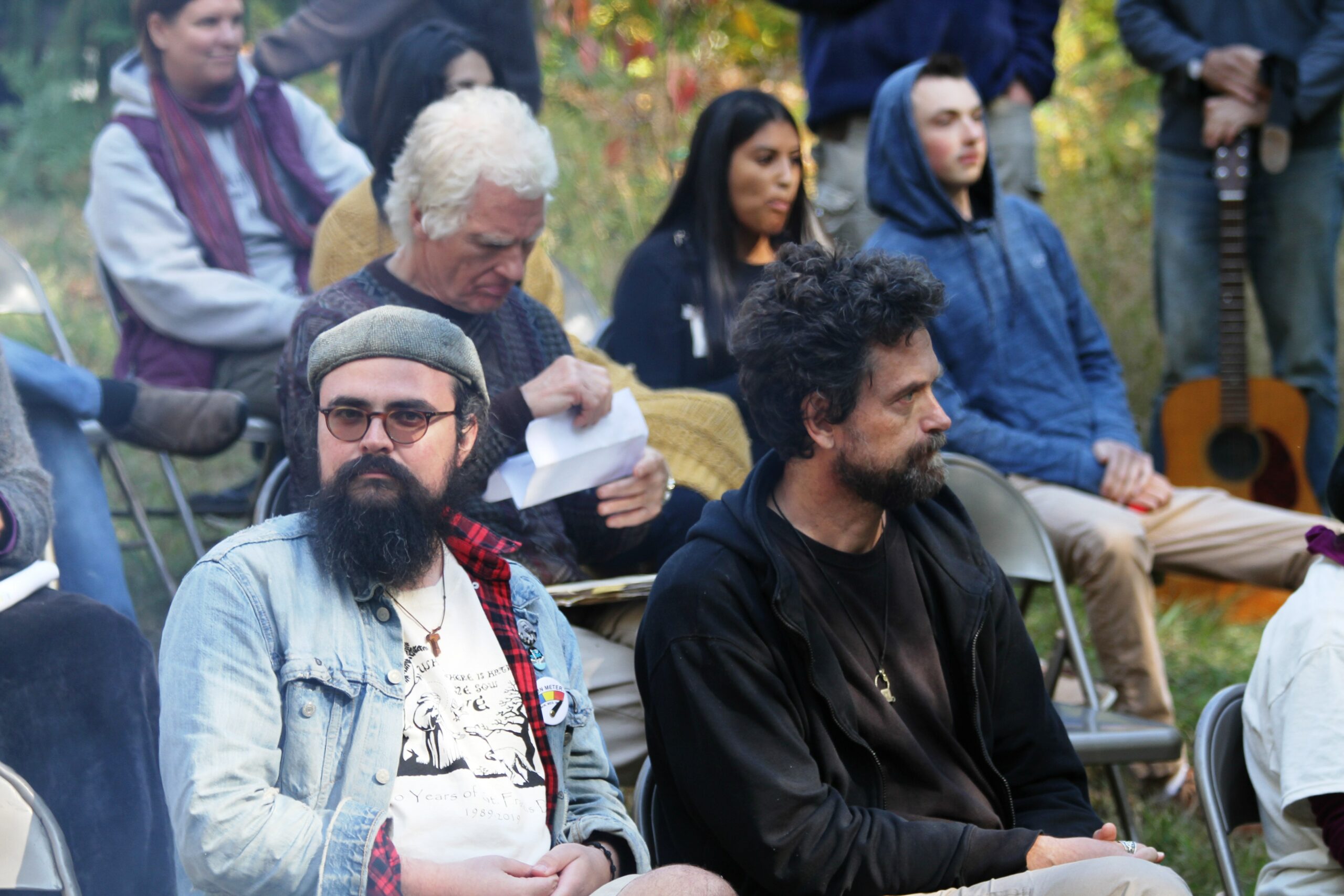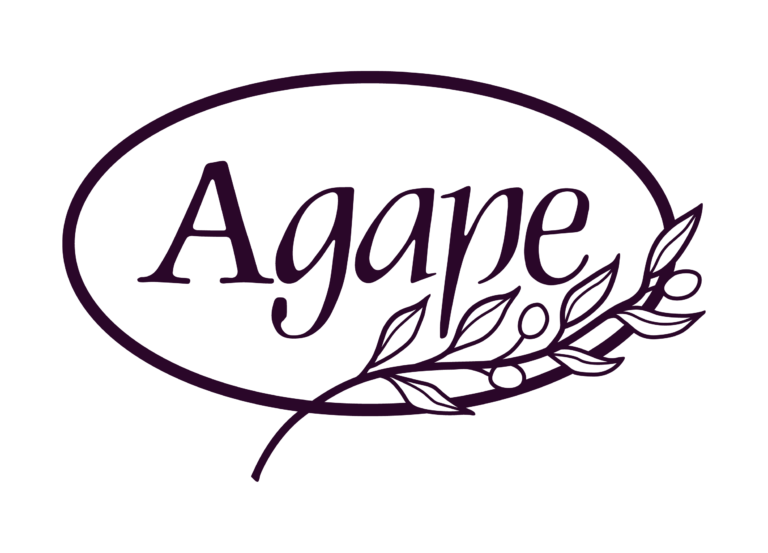by Jim Robinson

We gather at Agape today as a community enmeshed in an eco-crisis that is simultaneously a social crisis and a spiritual crisis. The essence of the crisis is broken relationships. We find ourselves in ruptured relationality with the divine, the human community, and the more-than-human world. Our solidarity is shattered and in need of deep healing.
The roots of our ruptured relationality exist both within and without. They exist within the structures of human consciousness and in the systems that structure our world. They exist in the intimate interiority of each of us and in the broader patterns of being that have made injustice and unsustainability our default reality. In order to constructively respond to the crisis that we face, we must attend to and respond to its roots in both the interior landscape and in the human-made systems that structure our status quo.
In my dissertation, I analyze the eco-social-spiritual crisis as a crisis of both the “false self,” a concept developed by Thomas Merton, and “systems of domination,” a concept developed by Rosemary Radford Ruether. Ruether and Merton exchanged letters in the late 60’s, and their exchange serves as a launching pad for putting their broader bodies of work into conversation. Through my analysis of their work, I attempt to illuminate the interior and external roots of the crisis we find ourselves in, and develop a constructive response to it.
Inspired by the insights of Merton and Ruether, I propose that as we navigate this crisis we need to weave together the contemplative tradition with the prophetic tradition. We need to actively surrender the false self to the divine while we actively resist the systems of domination. And we need to do this together, in communities committed to deep conversion.
In Laudato Si, Pope Francis calls for an “ecological conversion.” He emphasizes that this green metanoia is necessarily both a personal and a community conversion. Such a conversion requires a personal shift in how we perceive and relate to reality, as well as a collective commitment to shifting our patterns of being. Such a conversion is stimulated by a sensitivity to what Francis, riffing on Leonardo Boff, identifies as “the cry of the earth and the cry of the poor.”
In order to pair a personal conversion with a collective conversion, we require community. If our crisis can be boiled down to broken relationships, we cannot possibly respond to it alone and in isolation. Our sense of separation is what needs to be transformed. We need communities in order to activate this transformation, and we specifically need communities that blend the contemplative and the prophetic. We need communities that enable us to address the interior and exterior roots of our crisis together.
Agape is one such community. It is weaving and woven into a wider web of communities committed to pairing contemplative surrender to the divine with prophetic resistance against the systems of domination. This is our tradition, our living lineage. All of us here are woven into this web even as we are weaving it. And as we weave, the living God is breaking through our brokenness and bringing about wholeness. This is the “Good News,” and at Agape it is being concretely embodied.
Jim, an Agape Mission Council member, is finishing his PhD in Theology at Fordham University
